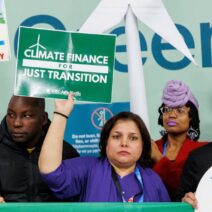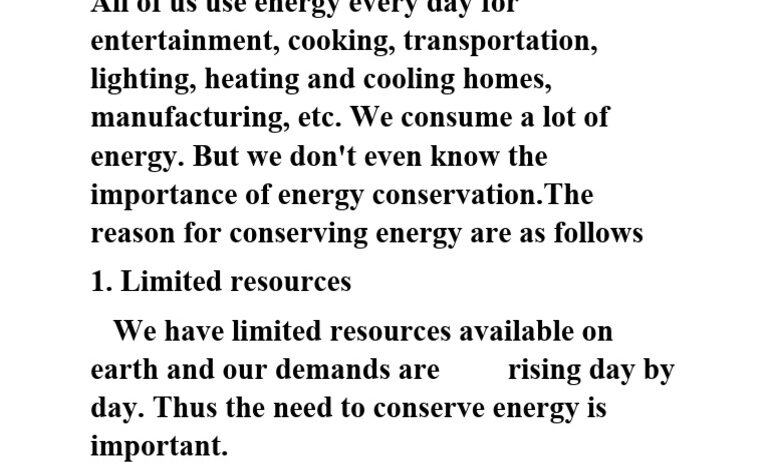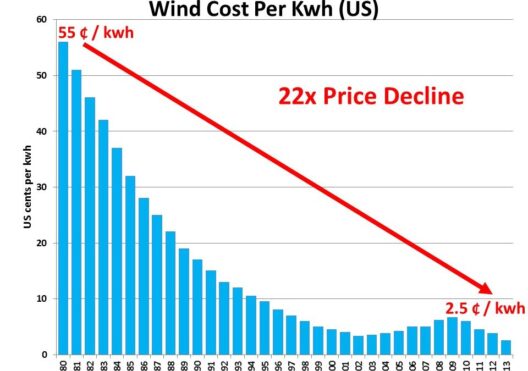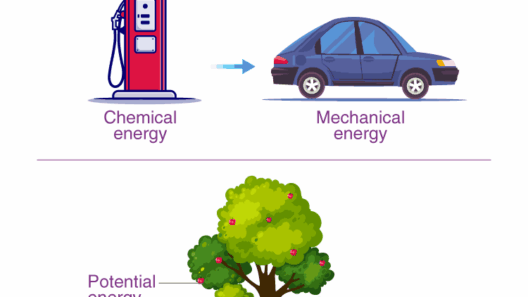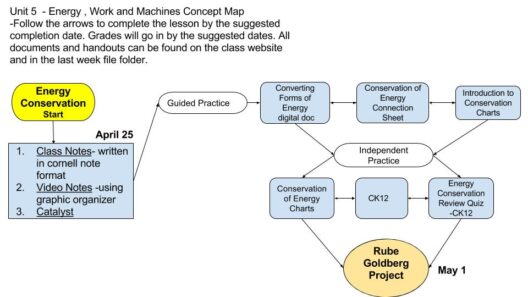In contemporary society, the significance of conserving energy cannot be overstated. The escalating demands of the world, driven by a relentless pursuit of modernization, have put immense pressure on our energy resources. It is imperative to understand the multifaceted reasons for reducing energy consumption, as this not only aligns with environmental sustainability but also addresses pressing economic concerns. Below are key reasons why conserving energy is essential.
Preservation of Natural Resources
Natural resources are finite. Fossil fuels, including coal, oil, and natural gas, are being exhausted at an alarming rate, posing a serious threat to future generations. By conserving energy, we mitigate the depletion of these precious resources. This conservation effort encourages a gradual transition towards renewable energy sources, which include solar, wind, and hydroelectric power. Unlike fossil fuels, renewables are inherently sustainable, offering a pathway toward a more environmentally sound future. Intensive energy consumption accelerates the depletion of these natural resources, necessitating urgent measures to curtail usage.
Reduction of Greenhouse Gas Emissions
Energy consumption is intrinsically linked to greenhouse gas emissions, which play a significant role in climate change. From electricity generation to vehicular operations, the burning of fossil fuels releases copious amounts of carbon dioxide and other harmful pollutants into the atmosphere. These emissions contribute to global warming, leading to severe repercussions—rising sea levels, extreme weather events, and loss of biodiversity. By reducing energy consumption, we can significantly lessen these detrimental emissions. Implementing energy-efficient practices not only curtails pollution but also enhances air quality, fostering a healthier planet for all organisms.
Financial Savings and Economic Efficiency
Aside from environmental considerations, conserving energy has palpable economic benefits. Reducing energy consumption translates directly into lower utility bills. Households and businesses can save substantial sums through energy-efficient appliances, insulation upgrades, and mindful usage habits. The initial investment in energy-efficient technologies often yields significant long-term savings, providing a compelling incentive for consumers to reduce their energy footprint. Furthermore, widespread energy conservation can lead to decreased demand for energy production, resulting in lower prices and greater stability in energy markets. This financial freedom equips individuals and families with greater purchasing power and comfort.
Enhancement of Energy Security
Energy security constitutes a crucial aspect of national policy. Relying heavily on imported fossil fuels can render nations vulnerable to geopolitical tensions and fluctuations in global energy prices. By investing in energy conservation and diversifying energy sources, countries can bolster their energy independence. This proactive stance not only safeguards national interests but also fosters local job creation in the burgeoning renewable energy sector. As investments in green technologies flourish, opportunities for innovation and economic resilience heighten, showcasing an alluring advantage of energy conservation.
Promotion of Sustainable Living
Conserving energy fosters a culture of sustainability, which is essential for a thriving society. When individuals prioritize energy conservation, they inspire others to adopt similar habits, creating a ripple effect that permeates communities. Educational initiatives, community programs, and advocacy for sustainable practices often stem from collective energy conservation efforts. Growing public awareness surrounding climate change and its consequences empowers citizens to take action, reinforcing communal ties and shared responsibility for the environment.
Scientific Advancements and Technological Innovations
As global awareness of environmental issues grows, so too does the impetus for innovation. Energy conservation drives research and development across various sectors, leading to groundbreaking technologies that enhance efficiency. Innovations in smart grid technology, energy storage solutions, and sustainable materials are revolutionizing how we consume and manage energy. This continuous cycle of ingenuity not only spearheads environmental benefits but also paves the way for economic growth and competitiveness in the global market.
Empowerment of Future Generations
The responsibility to conserve energy extends beyond the individual; it is a legacy we leave for future generations. By embracing energy efficiency now, we ensure a sustainable environment for our children and grandchildren. Education surrounding energy conservation is instrumental in inspiring the next generation to be conscientious stewards of the planet. Initiatives in schools, community groups, and family discussions can cultivate an enduring culture of preservation that outlasts our time. Ensuring access to clean and ample energy sources in the future necessitates immediate action to mitigate the environmental challenges of today.
Conclusion: The Imperative of Energy Conservation
The rationale for conserving energy is compelling, encompassing pivotal aspects of environmental health, economic viability, energy security, and social responsibility. Addressing the urgent need for energy conservation requires a concerted effort from individuals, communities, and nations alike. Embracing energy-efficient practices presents an opportunity to foster a healthier, more sustainable future. Therefore, let us commit to reducing our energy consumption, not only for our benefit but for the well-being of the planet and the generations yet unborn.


